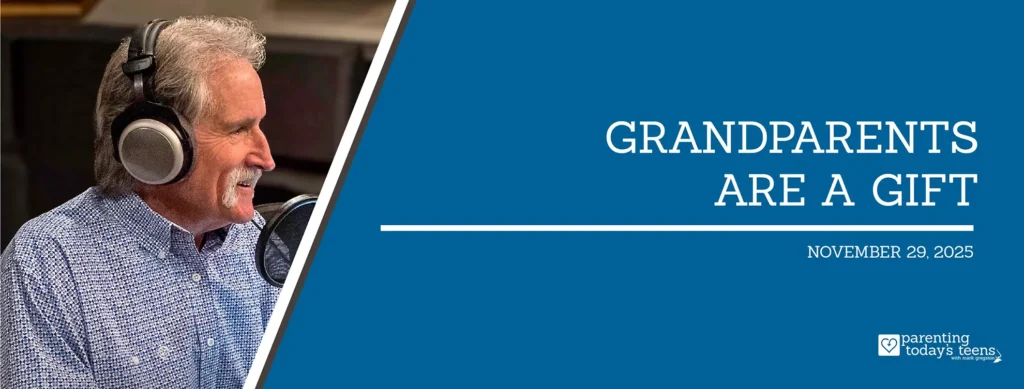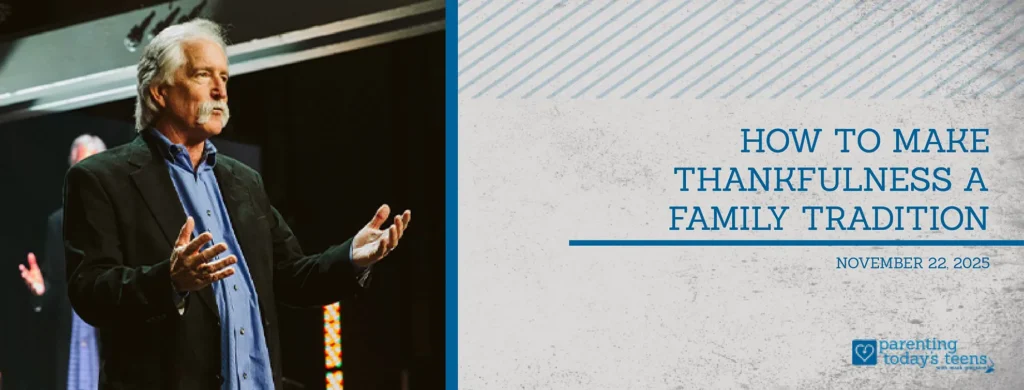Hot topics are everywhere—from marijuana, sex before marriage, living together, gender issues, wars, politics, abortion, climate change, the existence of God, music, eating beef, social media, the LGBTQ+ community, suicide—and that’s just scratching the surface. Some teens even get rattled about whether fish feel pain! There’s no shortage of controversial subjects that can turn a peaceful dinner into a battlefield.
Somehow, we’ve accepted the notion that complete agreement is necessary for mutual love and respect. In this article, I’ll show how parents and teens can hold different viewpoints while still maintaining their relationship.
Your teen is constantly bombarded with information from every direction—social media, school, friends, news, and influencers—and they’re trying to make sense of it all. This is a completely normal part of becoming unique individuals who might think differently than you do about some things. That’s okay. The problem comes when parents feel threatened by their teen’s differing opinions and respond with arguments, lectures, or attempts to shut down the conversation entirely. When this happens, you’re not just disagreeing about the topic—you’re potentially damaging the trust and openness that’s essential for a healthy relationship.
5 Keys to Handling Hot Topics Without Losing Your Teen
1) Hear them out.
The first and most important thing you can do is listen. Really listen. Let your teen speak without countering their comments or beliefs. If you interrupt, they might feel like you’re either correcting them—which may need to happen at another time—or rejecting them because they feel differently than you do.
I always tell parents that God gave older men bigger ears as a joke to remind us to listen more! When your teen brings up a controversial topic, resist the urge to jump in immediately with your perspective. Give them the respect of hearing them out completely before you respond.
2) Ask questions.
When your teen shares an opinion that’s different from yours, say things like: “I can see why you think that way,” or “I understand what you’re saying,” or “I think that’s where we have a difference of opinion.” Then wait for them to ask what you think. Your role is not to correct their thinking, but to ask thoughtful questions that encourage more conversation. Teens often process ideas out loud, and you can guide them to think through today’s hot topics simply by asking questions that help them sort through their thoughts.
3) Your teen will disagree with you—and that’s okay.
It’s healthy for teens to have opinions that differ from yours. This is how they develop into independent adults with their own beliefs, values, and ideas. If a teen simply adopts your beliefs without understanding why, they won’t have a strong foundation when they leave home.
Your job is to create an atmosphere where discussions are encouraged without judgment, correction, or disappointment. Some parents think that if they’re not arguing or proving their point, they’ve lost influence—but the opposite is true. You actually gain influence by allowing discussions to happen, welcoming your teen’s thoughts, and helping them figure out how everything they’ve learned fits together.
4) Know when to stay quiet.
2 Timothy 2:16 says, “Stay away from foolish, useless talk, because that will lead people further away from God.” Sometimes the wisest thing you can do is keep your mouth shut. You don’t have to be right all the time, and you don’t have to share your opinion on everything.
5) Focus on your relationship, not being “right.”
Remember, teens are often just processing their thoughts out loud. They may change their minds later—just like you have over the years. Don’t push so hard on an issue that your teen takes a controversial stance simply to show independence. Acknowledgment doesn’t mean agreement. You can hear what your teen is saying without giving up your position.
Some Encouragement for Parents of Teens
I was recently talking with a young lady who described a discussion she had with her dad after watching a movie about euthanasia. They had completely different ideas and weren’t going to reach an understanding. She wanted to be heard, he wanted to be heard. It was a total impasse.
What her dad didn’t realize in the moment was that this was his chance to shine—showing his daughter that they could have differing viewpoints and still love one another. Total agreement is not necessary for mutual love and respect.
The Bottom Line
This is the opportunity parents have been waiting for—to listen, understand, and share insights with your teen. Remember, your teen isn’t trying to hurt you when they share controversial opinions. They’re trying to figure out what they believe about the world.
They’re attempting to fit the values you’ve taught them into the world they’re living in, and they’re looking to you for guidance. When you respond with respect, patience, and genuine interest in their perspective, you show that your relationship is strong enough to handle differences of opinion.
Look at the bigger picture and share the wisdom you’ve gathered over time, rather than focusing on proving you’re right. Create a home environment where discussions are allowed without judgment or disappointment. Be thrilled that your teen comes to you in the first place.
Give your teens what they’re really seeking—your perspective on life and the hot topics they’re exploring online. Do your homework on today’s issues, but bridle your initial reactions and open your ears to hear their thoughts. When done consistently, you’ll become the trusted, wise person your teen turns to when navigating decisions that will shape their future.






